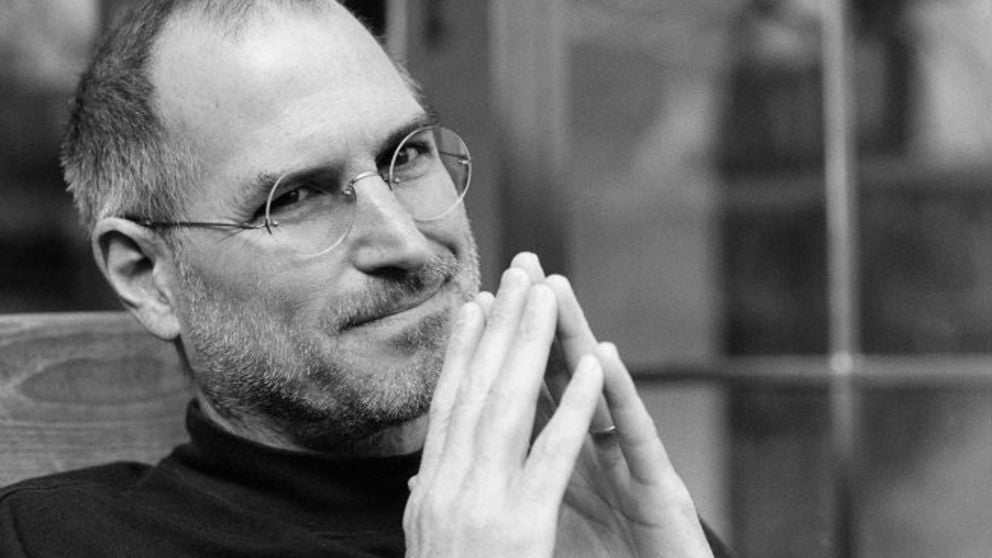Steve Jobs, Apple co -founder and a key figure of the technological revolution, had very clear ideas about how a creative company. One of its less known principles was His firm belief in reduced meetings. For him, more than five people in a room was a guarantee of loss of time and dissolution of objectives to be achieved. It was not a matter of whim, he believed that creativity blooms when noise is reduced and unnecessary voices are eliminated.
The Steve Jobs rule at Apple meetings
This philosophy was reflected in Apple’s day to day. Jobs considered that Each meeting should have only those who were essential, And that if someone had nothing to contribute, he had to get up and leave. In fact, one of his most remembered anecdotes is when he interrupted a meeting and asked an employee to leave because he had nothing to do there. «You are not contributing. Go back when you have something to contribute»He said. It is obvious that the sensitivity was not of its strengths, but the objective of this type of response was clear, protect the time and attention of the equipment.

Beyond its perfectionist character, Jobs understood that Long and numerous meetings kill productivity. Hence, it would seek to minimize them, favor fast decisions and leave space to what mattered most, innovation to be one step ahead of possible competitors. In Apple, many ideas arose in small groups or even in informal conversations, something that he himself promoted walking with employees through the company’s gardens.
Today, many startups and large technology companies have adopted that same rule, inspired by the Jobs model. And although it may seem an extreme measure, it has a clear logic. In an environment where attention is one of the most valuable resources, Reducing the complexity of meetings is something that makes a big difference. Steve Jobs not only made history by being involved in the development of products such as the iPhone, the iPod or the Mac. Thanks to this type of strategies, which are still in force for many years, changed the philosophy of the company that founded in 1976.
On the other hand, this policy fits the current tendency towards more agile methodologies, where small equipment is valuedshort meetings and autonomous work. The rule of the five people is not just a curiosity of the past, it is a lesson in force in a world where every minute counts.










